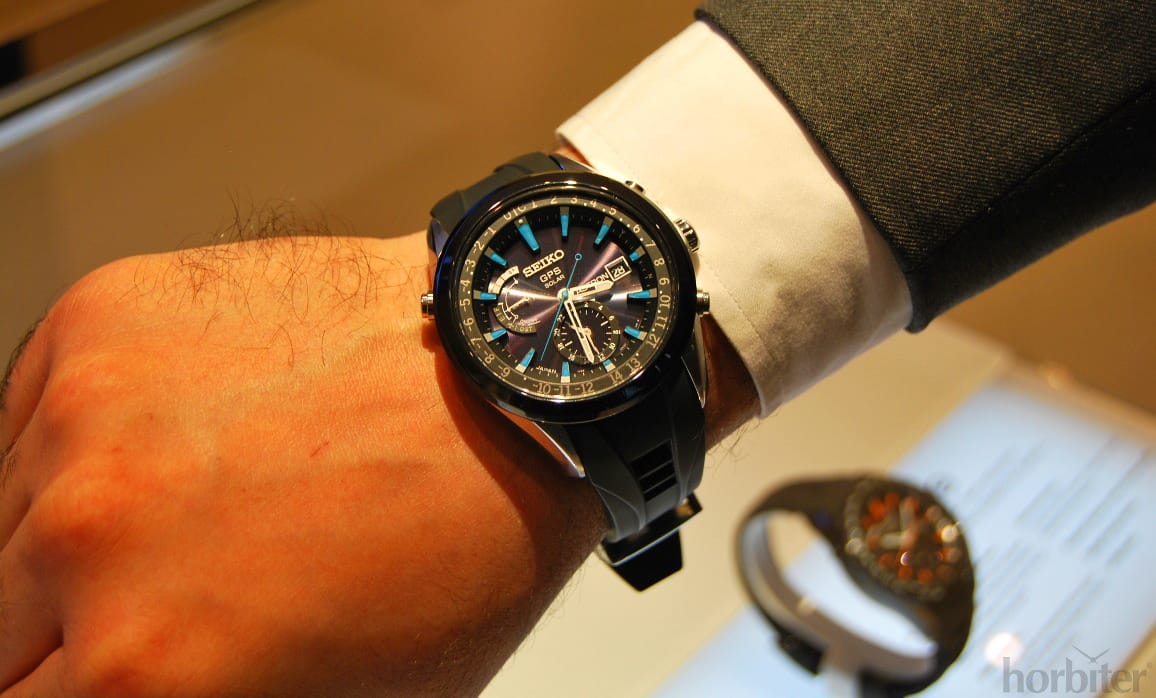Internet has the remarkable merit of giving us immediate access to an enormous quantity of information, allowing us to form an opinion about any event, trend or even industrial innovation. But if we of the watch-making industry were to be satisfied simply with a superficial knowledge of its many dimensions we would be at risk of reaching hasty conclusions. Such is the case with Seiko, or at least as it is perceived in Italy: a Japanese manufacturer of economical but reliable (eternal…), first rate, quartz watches.
At least as far as the observations and comments I have heard when I brought the matter up with several knowledgeable (or so they claimed) enthusiasts. Then you surf the net for a year, go to the corporate site, read various publications, research and you realise that you’re dealing with a name that has written some very important pages in the history of watch-making. Seiko was born in 1881, based on a single but ambitious principle – “One step ahead of the rest” – and in 1913 it introduced its first mechanical wrist watch, the Laurel: this year, 2013, it celebrates its centennial.
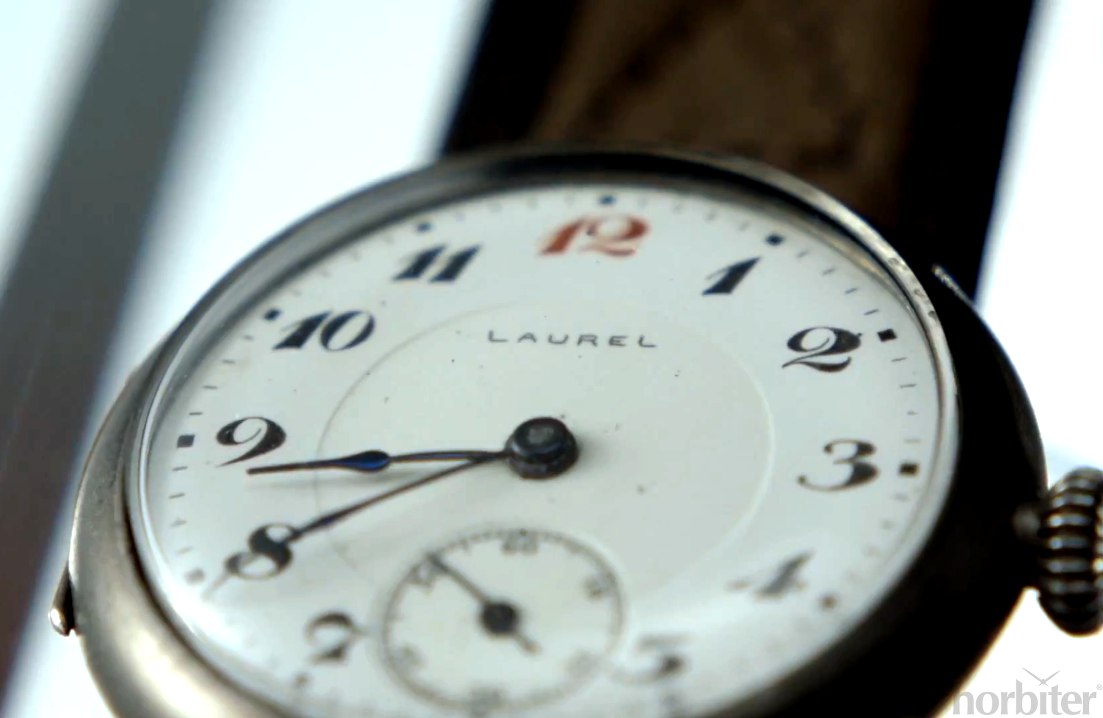 In 1969 Seiko launched quartz technology, revolutionizing the watch-making industry of the 70s:
In 1969 Seiko launched quartz technology, revolutionizing the watch-making industry of the 70s:
 by unveiling the first (and only) watch with +/-5 second per month accuracy and a one-year battery life, the Seiko Quartz Astron. This innovation played such havoc with the mechanical watch industry that it was only saved from probable extinction by the genius of Nicolas Hayek (founder of the Swatch Group). Quartz and mechanical technology, therefore, for a brand that makes all its own components, from casing to springs, that can boast of numerous proprietary technologies (Super Clear Coating glass treatment, LumiBrite for the luminescence of its diving watches, to mention just two), and consummate mechanical movements that in a certain sense have set the standard for prime quality workmanship (Hi-Beat 36000), as well as highly advanced quartz calibres.
by unveiling the first (and only) watch with +/-5 second per month accuracy and a one-year battery life, the Seiko Quartz Astron. This innovation played such havoc with the mechanical watch industry that it was only saved from probable extinction by the genius of Nicolas Hayek (founder of the Swatch Group). Quartz and mechanical technology, therefore, for a brand that makes all its own components, from casing to springs, that can boast of numerous proprietary technologies (Super Clear Coating glass treatment, LumiBrite for the luminescence of its diving watches, to mention just two), and consummate mechanical movements that in a certain sense have set the standard for prime quality workmanship (Hi-Beat 36000), as well as highly advanced quartz calibres.
Today Seiko is promoting a policy of vertical integration for its principal markets, beginning with the Seiko 5 series that, together with Kinetic and Sportura, is probably the most popular among the general public. But this was only the beginning. In 2012 it introduced a range of watches for frequent flyers, the Astron GPS quartz watches, powered by natural light, super accurate (lose/gain 1 sec every one hundred thousand years!), with a perpetual calendar programmed up to the year 2100 and a GPS signals capacity that could provide the exact time in each of 30 different time zones throughout the world, using a micro-antenna located underneath the ceramic bezel. A concentrated mix of technology:
.
” href=”https://www.horbiter.com/media/uploads/2013/07/DSC_0014_bis_red_firma.jpg”>
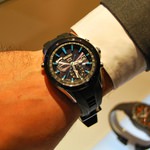
.
” href=”https://www.horbiter.com/media/uploads/2013/07/DSC_0085.jpg”>
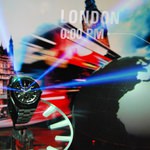
.
” href=”https://www.horbiter.com/media/uploads/2013/07/DSC_0076_red_firma.jpg”>
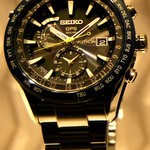
.
” href=”https://www.horbiter.com/media/uploads/2013/07/Seiko-Astron-close-up-firma.png”>
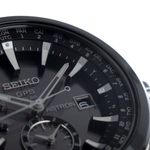
It has developed a range of medium-high mechanical watches, the beautiful Ananta series, endowed with some extremely interesting and sophisticated technical features, making one of the most astounding innovations of the entire watch-making industry, the Spring Drive, accessible to all. The hybrid mechanical-electronic movement of the Spring Drive achieves the dream of continuous movement of the seconds hand, called Glide Motion, (observe the seconds hand in this video and compare it with that of any other mechanical watch). Beginning in the 60s it introduced the GMT" href="https://www.horbiter.com/en/the-grand-seiko-hi-beat-36000-gmt/" target="_self" rel="noopener">Grand Seiko series, a line of mechanical and quartz watches assembled and finished completely by hand, certified for a precision that is even superior (as they state) to the COSC:
.
” href=”https://www.horbiter.com/media/uploads/2013/07/DSC_0018_ridotta_firma.jpg”>
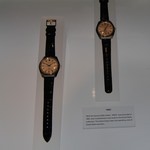
.
” href=”https://www.horbiter.com/media/uploads/2013/07/DSC_0032_red_firma.jpg”>
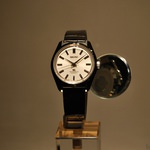
.
” href=”https://www.horbiter.com/media/uploads/2013/07/DSC_0030_red_firma.jpg”>
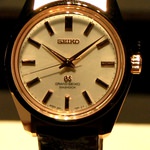
.
” href=”https://www.horbiter.com/media/uploads/2013/07/DSC_0035_red_firma.jpg”>
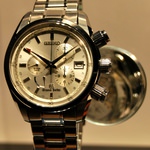
The numbers, to give yet another example, are diamond cut for a perfect aesthetic result. And with a design that seems to have been borrowed from classical culture: simplicity, sobriety, perfect proportions, perfect legibility.
.
” href=”https://www.horbiter.com/media/uploads/2013/07/DSC_0017_red_firma.jpg”>
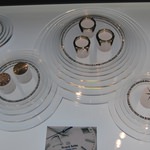
.
” href=”https://www.horbiter.com/media/uploads/2013/07/DSC_00xx_red_firma.jpg”>
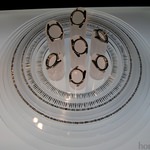
.
” href=”https://www.horbiter.com/media/uploads/2013/07/DSC_0020_red_firma.jpg”>
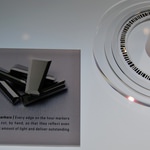
.
” href=”https://www.horbiter.com/media/uploads/2013/07/DSC_0018_ridotta_firma.jpg”>

And of course, how could we not mention their super luxury brand of complicated watches, Credor, which unfortunately is not available in Italy. At Baselworld 2013, at their beautiful and sober stand, and in accordance with the Japanese culture that would have content anticipate form, in the absence of any special effects, Seiko provided ample proof of its savoir-faire by reminding the entire world that the legacy of measuring time is not just European.
.
” href=”https://www.horbiter.com/media/uploads/2013/07/Seiko-Laurel-1913_firma.png”>
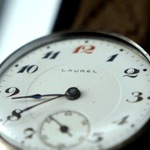
.
” href=”https://www.horbiter.com/media/uploads/2013/07/Seiko-Quartz-Astron_firma.png”>
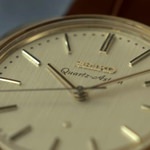
.
” href=”https://www.horbiter.com/media/uploads/2013/07/DSC_0014_red_firma.jpg”>
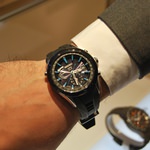
.
” href=”https://www.horbiter.com/media/uploads/2013/07/DSC_0076_red_firma.jpg”>

.
” href=”https://www.horbiter.com/media/uploads/2013/07/Seiko-Astron-close-up-firma.png”>

.
” href=”https://www.horbiter.com/media/uploads/2013/07/DSC_0032_bis_red_firma.jpg”>
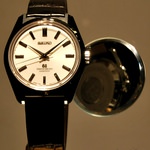
.
” href=”https://www.horbiter.com/media/uploads/2013/07/DSC_0030_red_firma.jpg”>

.
” href=”https://www.horbiter.com/media/uploads/2013/07/DSC_0035_red_firma.jpg”>

.
” href=”https://www.horbiter.com/media/uploads/2013/07/DSC_0018_ridotta_firma.jpg”>

.
” href=”https://www.horbiter.com/media/uploads/2013/07/DSC_0019_red_firma.jpg”>
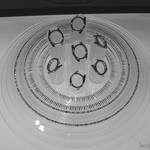
.
” href=”https://www.horbiter.com/media/uploads/2013/07/DSC_0017_red_firma.jpg”>

.
” href=”https://www.horbiter.com/media/uploads/2013/07/DSC_00xx_red_firma.jpg”>

(Photo credit: Google; Horbiter®’s proprietary photo shooting)
Gaetano C. @Horbiter®
@Gaetano Cimmino
